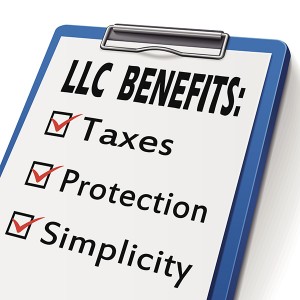
The Pennsylvania Capital Stock Tax is a property tax applicable to all Pennsylvania corporations, S-Corporations and limited liability companies. The tax is reported on the Pennsylvania RCT-101 tax return and is also known as the Franchise tax. Pennsylvania replaced the 7 digit box number with a 10 digit business partner number in the fall of 2013, and will begin using the business partner number on 2013 RCT 101 Returns
This tax is computed by multiplying the Capital Stock Value of the entity times the Capital Stock Tax Rate.
The Capital Stock Value is determined according to the following statutory formula: the product of 1/2 the sum of (1) the five year average net income capitalized at the rate of 9.5% plus (2) 75% of net worth*, from which you subtract $160,000.
The Capital Stock Rate is subject to the following gradual reduction: 2.89 mills (.00289) for tax years beginning during 2008 through 2011; 1.89 mills (.00189) for tax years beginning during 2012; and 0.89 mills (.00089) for tax years beginning in 2013. The rate is reduced to .67 mills (00067) in 2014 and .45 mills (.00045) in 2015. The tax is supposed to phase out completely on December 31, 2015.
*Net worth for a corporation is calculated by adding capital stock, paid-in capital and retained earnings, and subtracting treasury stock. All values are determined as of the end of the tax year which is typically December 31, unless the corporation uses a fiscal year. If the corporation had losses in prior years or the current year the number can be negative.
The net worth for LLCs is the entity’s assets minus its liabilities.
If your Corporation does business or owns property in Pennsylvania but is incorporated in another State you need to file RCT-106 along with the RCT-101 to pay the Foreign Franchise Tax.
Please contact Gregory J. Spadea of Spadea & Associates, LLC in Folsom if you need assistance in filing an RCT-101 or have any other corporate tax questions at 610-521-0604. Spadea & Associates, LLC prepares individual and business income tax returns year round.








